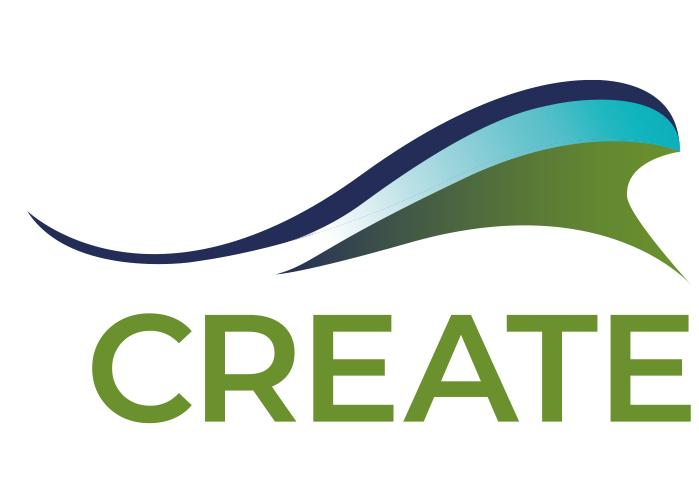Concepts for Reducing the Effects of Anthropogenic pressures and uses on marine Ecosystems and on Biodiversity (CREATE)
The sub-project of the DAM-CREATE research consortium, implemented at DIE, focuses on the analysis of global ocean governance. We conduct research on the interplay of global and regional institutions, as well as on uses of marine resource and local practices of governance by various stakeholders at the coastal regions of the North Sea and the Atlantic (West Africa).
Project Lead:
Anna-Katharina Hornidge
Helmut Hillebrand (Institut für Chemie und Biologie des Meeres, Universität Oldenburg)
Project Team:
Irit Ittner
Financing:
Bundesministerium für Bildung und Forschung (BMBF)
Time frame:
2021 - 2024
/
ongoing
Co-operation Partner:
Deutsche Allianz für Meeresforschung (DAM)
Institut für Chemie und Biologie des Meeres, Universität Oldenburg
Helmholtz-Institut für Funktionelle Marine Biodiversität, Universität Oldenburg
Alfred-Wegener-Institut Helmholtz-Zentrum für Polar- und Meeresforschung, Bremerhaven
Christian-Albrechts-Universität, Kiel
GEOMAR Helmholtz-Zentrum für Ozeanforschung, Kiel
Humboldt-Universität zu Berlin
Leibniz-Institut für Ostseeforschung Warnemünde
Max-Planck-Institut für Marine Mikrobiologie, Bremen
Senckenberg am Meer, Wilhelmshaven, Hamburg
Johann Heinrich von Thünen-Institut, Bremerhaven
Stiftung Tierärztliche Hochschule Hannover
Project description
The DIE participates in a research mission of the Deutschen Allianz für Meeresforschung (DAM) „Protection and sustainable use of marine areas“ (sustainMare). The CREATE consortium conducts research on cumulative effects of uses on marine biodiversity at the North Sea and the Baltic Sea. The research approach of CREATE builds on the close cooperation between different social and natural sciences. The research is co-designed with local stakeholders, such as users of marine resources, public authorities, organisations, local associations, economic associations and coastal communities/ municipalities in three real world labs at the coasts of the North Sea and the Baltic Sea. Following this, the research agenda will be implemented in a continuous dialogue with the stakeholders (transdisciplinary research approach). The researchers at DIE especially collaborate with CREATE colleagues in the real world lab „Borkum Riffgrund“.
We will answer the following research questions based on the analysis of academic literature, governance documents, expert interviews and local case studies:
- How do local stakeholders relate to and work with multilateral and global frameworks of ocean governance?
- How do local stakeholders inform themselves about global/ regional agreements, regulations and valid law?
- Why and how do stakeholders navigate their interest and/ or uses of marine resources through the legal space, through gaps in the regulation, as well as through eventual conflicts between, for example, different environmental conventions?
The development perspective is equally important for DIE´s work. As German and European fishing fleets are operating off the Atlantic coast based on bilateral fisheries agreements with West African states, we also investigate eventual externalities of sustainability policies. DIE further contributes explorative research on global and regional ocean governance related to West Africa. This research is thematically framed by other third-party funded research projects at the DIE.
Publications
-
Commentary 12 to the manifesto fo rthe marine social sciences: theory development
Hornidge, Anna-Katharina / Achim Schlüter (2020)
Maritime Studies 19, 151-152 -
Towards sustainable ocean governance: a call for blue climate action in international development
Lehmann, Ina / Michael Siebert / Nicola Hanke / Maximilian Högl / Anna-Katharina Hornidge (2021)
Briefing Paper 22/2021
